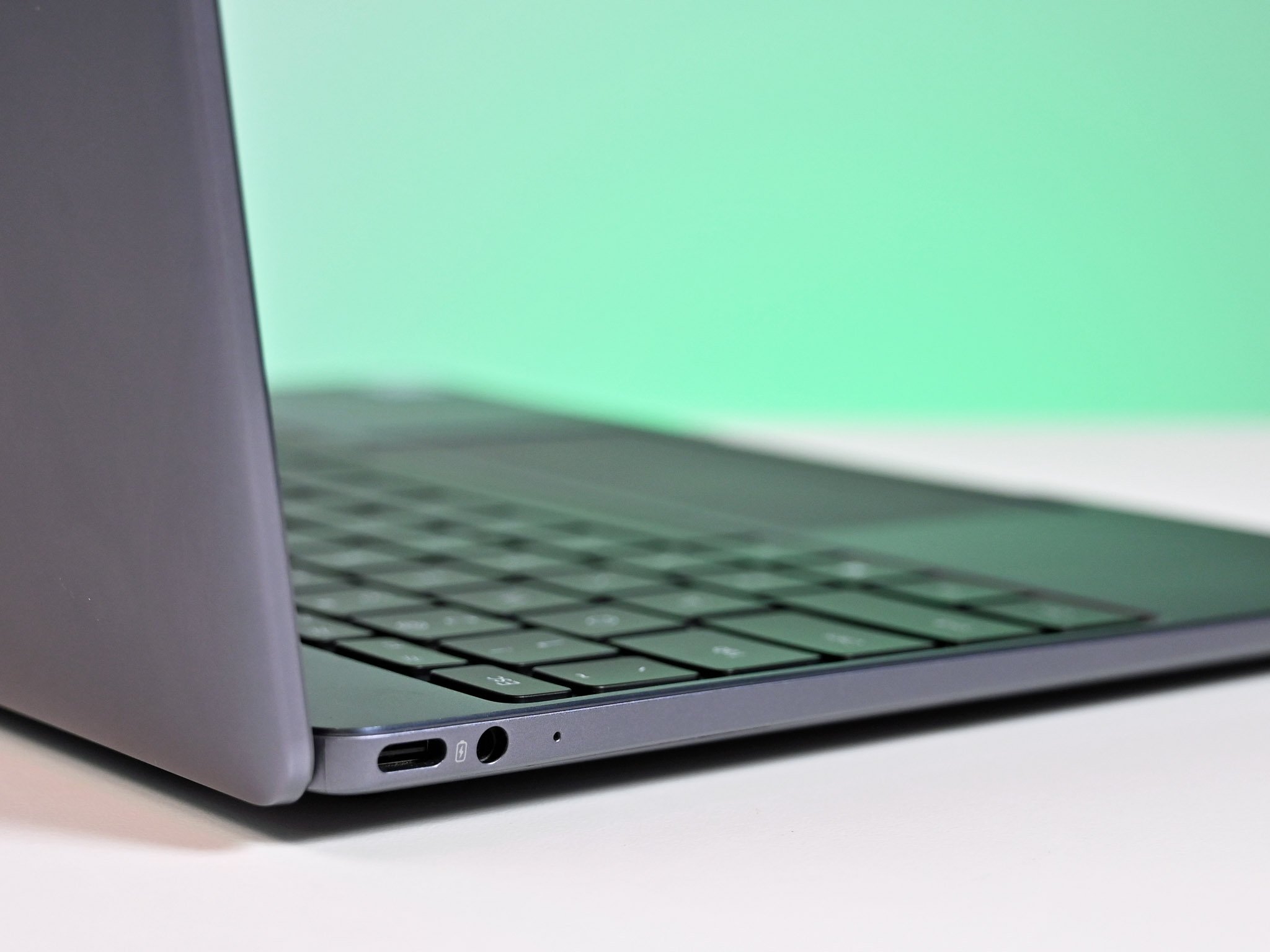US plans to revoke several licenses to sell goods and technology to Huawei
The long-running licensing battle continues between the U.S. government and Huawei.

What you need to know
- The Trump administration is reportedly revoking several licenses to sell goods and technology to Huawei.
- The move is the latest in a long-running feud between the Trump administration and Huawei.
- The Trump administration considers Huawei to be a national security threat.
Huawei suppliers, including Intel, have been informed by the Trump administration that the U.S. government will revoke certain licenses to sell items to Huawei. The current administration also plans to reject dozens of applications to supply Huawei, according to a report from Reuters.
With President elect Joe Biden taking office on Wednesday, this move against Huawei is likely the last of the Trump administration related to the Chinese PC manufacturer. The U.S. government has placed heavy restrictions on Huawei under President Donald Trump. One of the most impactful restrictions was the move by the U.S. government to require licenses for certain American-made semiconductors to be sold abroad.
These most recent moves against Huawei, which the Trump administration considers a national security threat, come alongside several other restrictions against China and Chinese companies from the Trump administration.
While Huawei and Intel have not commented on the new restrictions, Reuters saw an email from the Semiconductor Industry Association, which states that the Commerce Department issued "intents to deny a significant number of license requests for exports to Huawei and a revocation of at least one previously issued license."
Sources told Reuters that there are several revocations, with one source stating that eight licenses are being removed from four companies. Sources also stated to Reuters that in addition to Chinese companies, that Japanese flash memory chip maker Kioxia Corp has had at least one license revoked.
Roughly 150 licenses were already pending involving $120 billion worth of goods and technology before these most recent restrictions. Sources told Reuters that an additional $280 billion of license applications for goods and technology for Huawei have not been processed.
Companies have 20 days to respond to "intent to deny" notices, after which the Commerce Department has 45 days to advise on any decisions. Affected companies can then appeal a decision for up to 45 days.
All the latest news, reviews, and guides for Windows and Xbox diehards.

Sean Endicott is a tech journalist at Windows Central, specializing in Windows, Microsoft software, AI, and PCs. He's covered major launches, from Windows 10 and 11 to the rise of AI tools like ChatGPT. Sean's journey began with the Lumia 930, leading to strong ties with app developers. Outside writing, he coaches American football, utilizing Microsoft services to manage his team. He studied broadcast journalism at Nottingham Trent University and is active on X @SeanEndicott_ and Threads @sean_endicott_.
